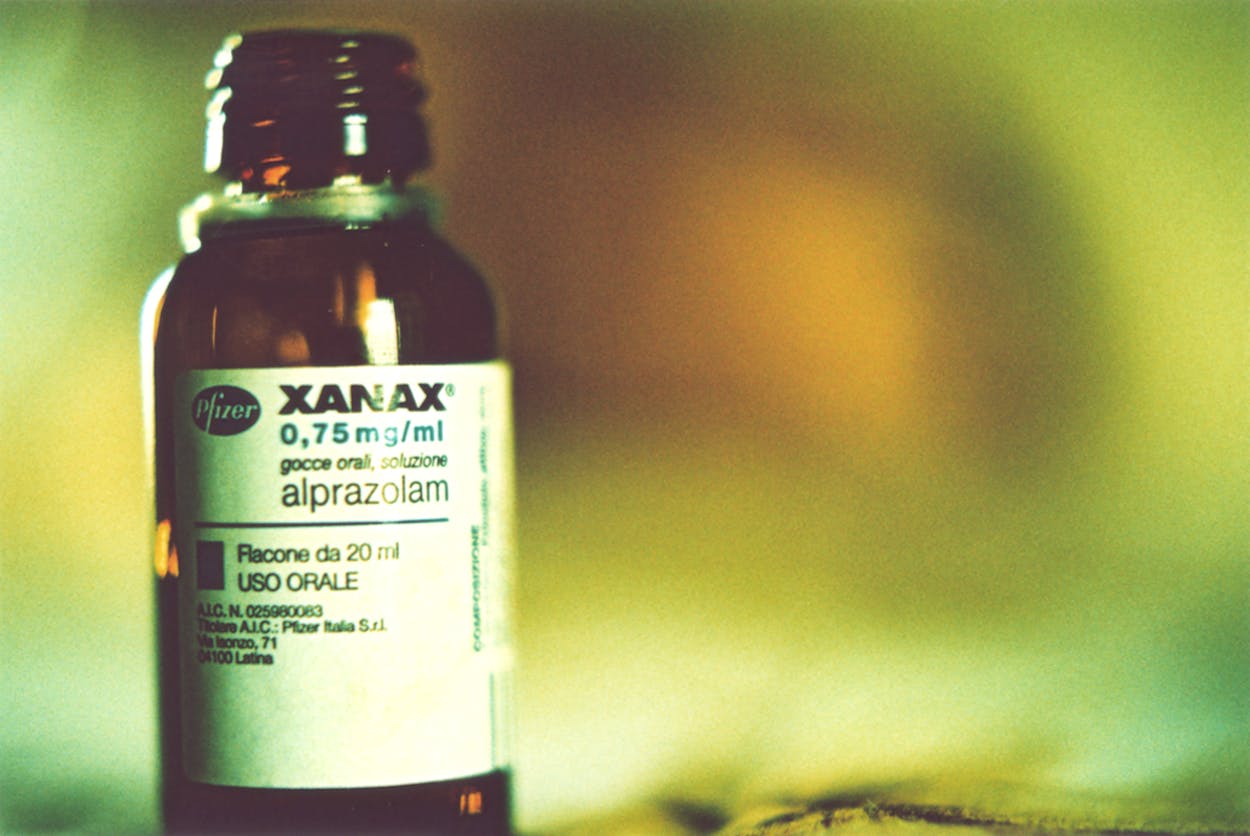Serving a 30-day sentence for DWI can’t have been how Jesse Jacobs wanted to spend the month of July. But dying while in custody of the Galveston County Sheriff’s Department shouldn’t have been even a remote possibility.
Jacobs’ cause of death is disputed, a depressingly familiar trend in jailhouse deaths. The autopsy report reads that the young man died of natural causes. His family, meanwhile, says that the jail withheld Jacobs’ prescribed Xanax, which led to the seizure that killed him. Anxiety doesn’t cause seizures, but sudden withdrawal from Benzodiazepine—the class of drug that Xanax belongs to—can. And as The Advocate reports, there’s no dispute over whether or not the jail made Jacobs’ medication available to him. They didn’t.
After checking himself in to Galveston County Jail to serve a 30-day sentence for driving while intoxicated, Jacobs began suffering seizures after his fourth day in custody. On his seventh day in jail, he was found unresponsive and taken to the University of Texas-Medical Branch in Galveston, where he later died. How he was initially discovered as unresponsive is unclear as police officials have different versions, including reports that medical personnel found him in his cell and that he collapsed when he was being administered medication.
“Normally what happens if they are under a doctor’s care, we have our doctors on site elevate the inmate and make decisions on the medications they are going to administer,” Galveston’s Chief Deputy of Corrections Mary Johnson told About. “I do know some psych drugs and stuff they don’t allow, some they won’t prescribe.” The Galveston County Jail was cited six years ago for “Not dispensing medications as ordered by a doctor.”
Sudden cessation of Xanax is highly dangerous, and is known to lead to seizures. Jacobs’s doctor said he had no history of seizures. Even so, Galveston County Sheriff Henry Trochessett insists he died of natural causes, telling About, “I don’t know if the family is trying to throw some red flag into the air that we apparently did something to him — when he just died of natural causes in jail.”
Diane Jacobs’, Jesse’s mother, told The Advocate that she called the jail to tell a doctor about her son’s medical needs, only to be told that there was no doctor on site.
At the moment, Galveston County Sheriff Henry Trochesset says he has no plans to release the video of what happened inside the jail, citing the County Attorney’s advice that doing so could lead to a lawsuit.
What happened to Jacobs is undeniably tragic, but it’s also not rare. And, as society continues to reexamine exactly what sort of relationship it wants to have with police, the attitude from law enforcement about the medical needs of people in custody ought to be at the fore of that discussion.
In Sandra Bland’s arrest video, for example, you can hear her shout that she has epilepsy, to which the second responding officer responds, “You should have thought of that before you started resisting.” It shouldn’t matter if Bland was resisting or not. Someone’s medical condition should not make them uniquely vulnerable if people in authority deny them necessary care and treatment, no matter the offense.
It should make us nervous, for example, that Sgt. James Brown in El Paso, whose medical emergency while in custody was treated as a disciplinary issue, died with the words “I can’t breath” on his lips. Or that Jessica De Samito was initially denied the methadone treatment required to keep her pregnancy viable, because Guadalupe County jail treated her drug addiction medication as a drug problem. It should make us nervous that some of the people arrested in Waco after the Twin Peaks shootout, according to complaints, were left in their cells with bullets in their bodies and no medical treatment. And that David Conis, Jr. in Henderson County was denied the type of insulin required to keep his diabetes at bay, and he threw up bile in a courtroom while a judge pressed the sheriff for treatment. Indeed, there is no shortage of stories of people suffering or dying in custody because Texas jails deny them necessary medical care.
Reading the stories of Jacobs, or Brown, or Bland, it’s hard not to come away with the impression that for law enforcement, receiving medical necessary care is a privilege reserved for the well-behaved and agreeable, or even strictly for those who’ve never broken a law or found themselves on an officer’s bad side. And as the country continues to discuss what to do about what some consider a troubling law enforcement culture, looking at how someone like Jesse Jacobs could die of “natural causes” at 32-years old ought to be a part of the conversation.








